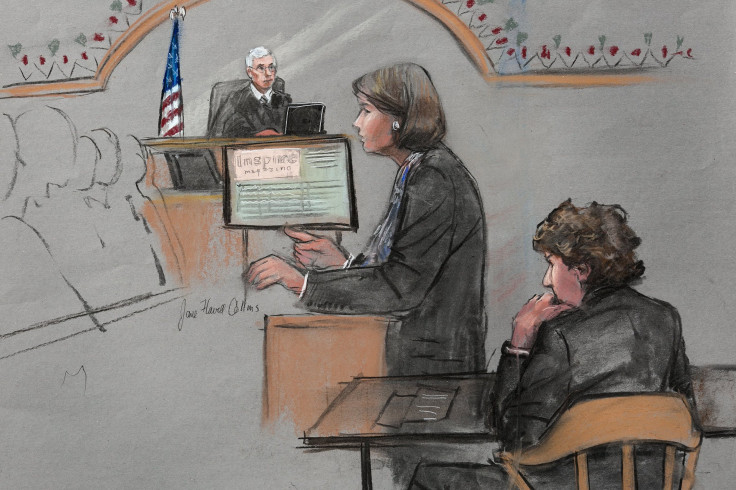Jurors To Begin Deliberations Tuesday In Boston Marathon Bombing Trial

Jurors were set to begin deliberations Tuesday in the trial of Dzhokhar Tsarnaev, accused of plotting with his brother to plant bombs near the finish line of the 2013 Boston Marathon. Tsarnaev faces 30 federal charges in the explosion that killed three people and injured more than 260 others April 15, 2013.
The deliberations were scheduled to start a day after jurors heard closing arguments by a prosecution alleging Tsarnaev acted as an intentional killer, and a defense seeking to portray him as a “kid” beholden to his older brother, Tamerlan -- who was killed, and run over by the younger Tsarnaev, during a police chase days after the attacks.
From the outset of the trial that began a month ago in a Boston courtroom, Tsarnaev’s lead attorney bluntly acknowledged her client’s participation in the two-bomb attack. “It was him,” attorney Judy Clarke said in her opening statement in early March.
But, Clarke said Monday, "If not for Tamerlan, it would not have happened.”
Federal prosecutors say the two brothers worked as a “team” to carry out the attack, the deadliest act of terrorism on U.S. soil since Sept. 11, 2001.
"This was a cold, calculated terrorist act,” Assistant U.S. Attorney Aloke Chakravarty said, the AP reported. “This was intentional. It was bloodthirsty. It was to make a point.”
Little suspense accompanies this round of deliberations. Jurors are widely expected to convict the 21-year-old Tsarnaev, even if, with the many complex federal charges to parse, the deliberations prove lengthy.
The larger question looming, once the case moves to the penalty phase, is whether jurors will hand down the death penalty that federal prosecutors are seeking.
Of the 30 counts contained in a federal grand jury’s indictment last summer, 17 charges carry a maximum penalty of life in prison, or the death penalty.
While the case is a federal matter, the Massachusetts jurors come from a state that doesn’t have the death penalty. According to a recent poll, by the WBUR, Boston, a majority of city residents -- 62 percent -- said they don’t want Tsarnaev sentenced to death.
© Copyright IBTimes 2024. All rights reserved.











